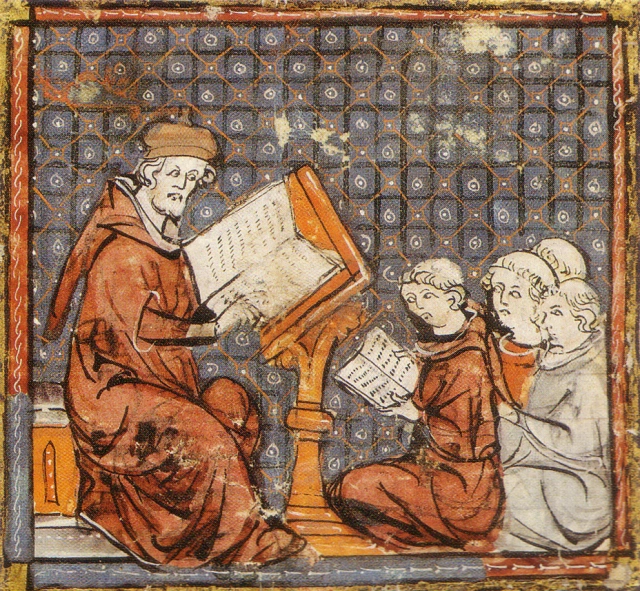
The word “formazione” derives from the Latin noun formatio, -onis; while the first attestation in Old Italian dates back to the early fourteenth century. The concept has undergone an interesting evolution over the centuries: from a meaning initially related to the creation of material forms, it has moved to a broader meaning encompassing instruction, education, and individual and professional development.
Initially, the term “formazione” was associated primarily with the creation of physical objects, such as sculpture or ceramics, it was used to refer to the act of shaping matter to give it the desired form. Over time, this concept expanded to include the process of forming ideas, knowledge and skills. The word began to be used to describe the process of acquiring, structuring and shaping knowledge and skills through instruction, education and learning.
In the contemporary context, training is associated with a wide range of activities that aim to develop personal, professional and social skills. It includes formal learning, such as school and college education, specialized courses and vocational training; but also informal learning, such as field experience and individual experience.
Education (formazione) has become crucial in multiple sectors as the world of work demands increasingly specialized and evolving skills. Companies invest considerable resources in training their employees to ensure constant improvement in skills and adaptability to new challenges.
In addition, the concept of education extends beyond the workplace to involve personal development and individual growth. Continuous learning and training in areas such as stress management, interpersonal relationships, and cognitive skill development have become essential to meet the challenges of daily life.
The difference between the English term “education” and its Italian equivalent “formazione” is interesting. Although the two words have similar meanings, they are not totally overlapping: in fact, “education” corresponds to both the Italian meaning of training and the broader meaning of education. I have done some research on the subject but apparently this is only due to different historical evolutions of the two languages.
Once again the etymology of a term helps us to better understand its meaning: this word in fact reflects the constant process of growth and adaptation that characterizes human beings in pursuing their personal and professional development.
